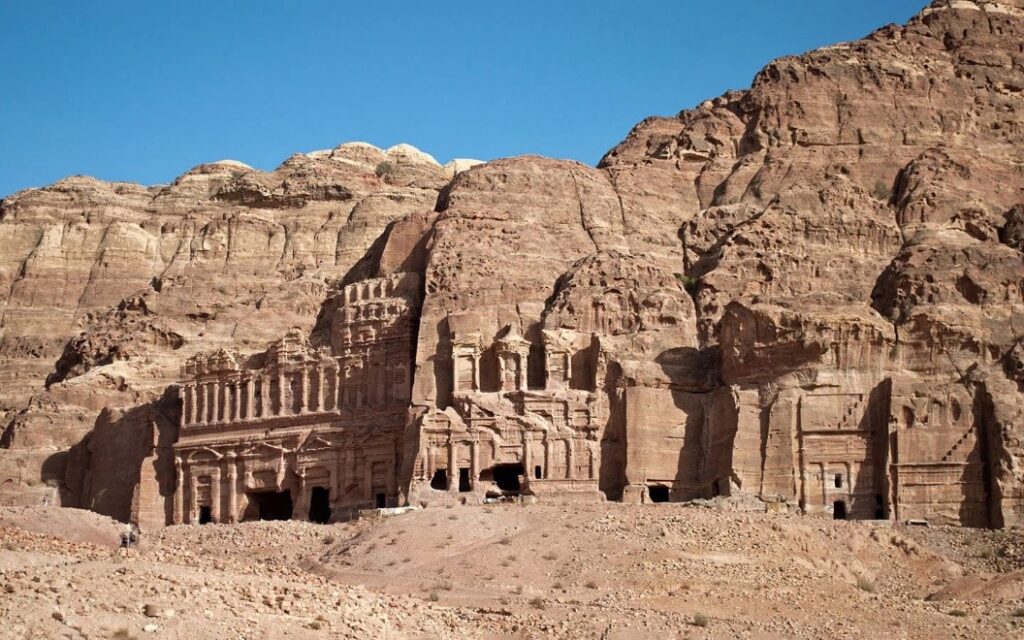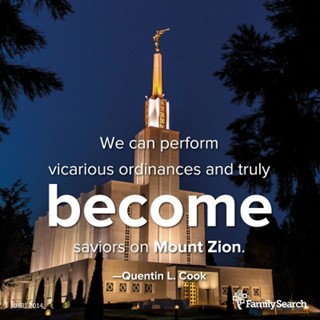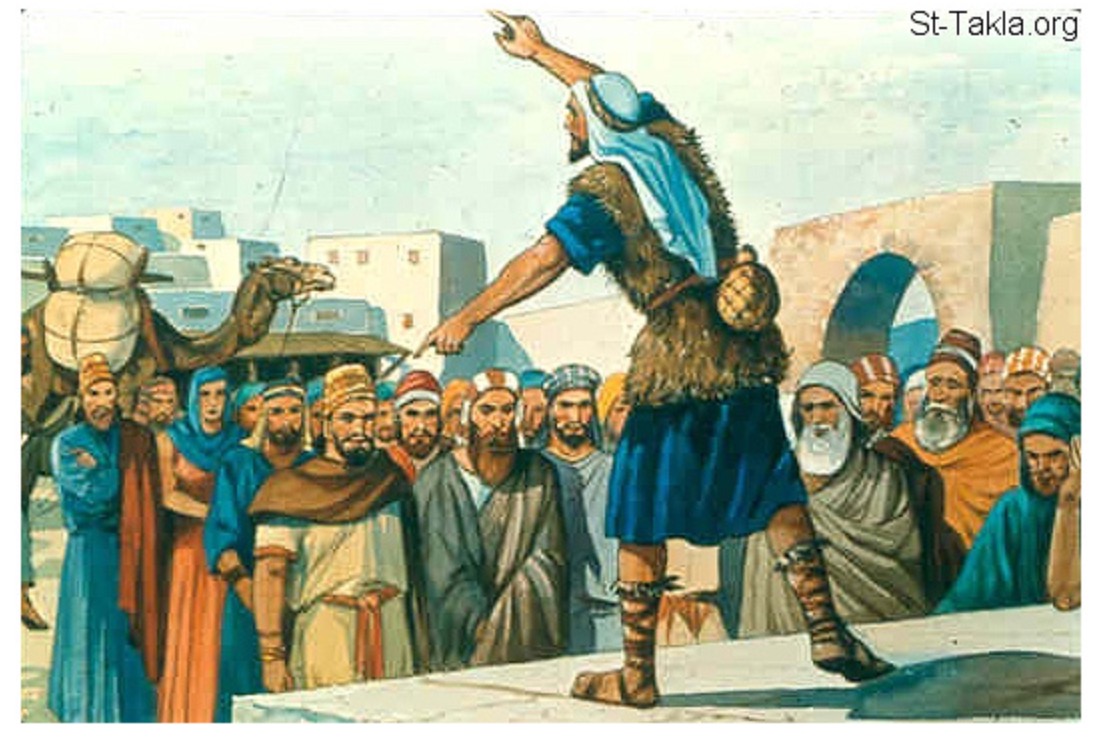To accompany your Come Follow Me study for November 14-20
In addition to reading the indicated chapters, you may wish to:
- Read the applicable portions of the Old Testament Institute Student Manual at https://www.churchofjesuschrist.org/study/manual/old-testament-student-manual-kings-malachi/chapter-8?lang=eng and https://www.churchofjesuschrist.org/study/manual/old-testament-student-manual-kings-malachi/chapter-25?lang=eng
- Watch the video Come Follow Me (Nov 14-20) – Amos & Obadiah | Follow The Prophet at Come Follow Me (Nov 14-20) – Amos & Obadiah | Follow The Prophet – YouTube
- Watch the video Overview: Amos at https://www.youtube.com/watch?v=mGgWaPGpGz4
- Watch the video Overview: Obadiah at https://www.youtube.com/watch?v=i4ogCrEoG5s
If you would like a Kahoot game related to this material which you could use for personal study or use with your family or your class, click here: https://create.kahoot.it/share/amos-and-obadiah/6c658b37-a49b-4ee5-a905-4d57903bf865 (To use it with a group, after clicking on this link, you will need to log into Kahoot, creating a free account if you have not done so previously, then click on the blue “Start” button.)
Points to Ponder in Amos and Obadiah
1. What in Amos and Obadiah does the most to promote faith in God’s reality, power, and goodness or to support the claims of The Church of Jesus Christ of Latter-day Saints?
2. What in Amos and Obadiah does the most to motivate you to live better or to clarify what living better entails?
3. What are the most impressive messages in Amos concerning the future?
4. Is the Lord really responsible for all the evil in every city? What are we to understand from Amos 3:6?
5. Would the Lord really call His daughters “kine” (or “cows”)? How can you justify it?

6. Why would the Lord bother to bless the Israelites with superior dental hygiene in Amos 4:6, when there were so many more pressing issues to deal with? What is the most useful reminder this verse can provide for us concerning scriptural interpretation?

7. Why does Amos say that the “day of the Lord,” or the Second Coming, is “darkness, and not light”? (5:18-20) Isn’t it supposed to be a wonderful occasion?
8. What does it mean to be “at ease in Zion”? (6:1) Why doesn’t the Lord want us to be comfortable?

9. How can Latter-day Saints use 8:11-12 to substantiate the idea of a medieval apostasy, when Amos is clearly speaking of his own time and the immediate future?

10. How can Latter-day Saints use Obadiah 1:21 to refer to temple and family history work, when it appears that Obadiah is speaking about the then future downfall of the Edomites?
Possible Answers to Points to Ponder in Amos and Obadiah
1. What in Amos and Obadiah does the most to promote faith in God’s reality, power, and goodness or to support the claims of The Church of Jesus Christ of Latter-day Saints?
My list would include:
- 2:12: Amos condemns those who “commanded the prophets, saying, Prophesy not.” This should be a warning to those in our time who can’t accept that modern prophets could have something important to say.
- 3:7: “Surely the Lord … will do nothing, but he revealeth his secret unto his servants the prophets.” This is one of the most-quoted passages among Latter-day Saint missionaries to show the need for modern prophets and ongoing revelation, unless one is prepared to concede that God has not done anything for the last two thousand years.
- 8:11-12: Fortells a future “famine … of hearing the words of the Lord,” or a universal apostasy. Latter-day Saints contend that such was the state of the world in 1820, when the Lord broke the dark night of apostasy by speaking again to a modern prophet.
- 4:8-11: This reminds us four times that the Lord may cause or permit calamities and trials to come upon us because He loves us so much that He wants us to return to Him and qualify for His blessings.
- 9:1: Like many other prophets, ancient and modern, Amos literally saw the Lord, appearing as a man.
- Obadiah 1:1: Obadiah not only speaks prophetically for the Lord but enjoys a vision.
2. What in Amos or Obadiah does the most to motivate you to live better or to clarify what living better entails?
My list would include:
- 3:2: “You only have I known of all the families of the earth: therefore I will punish you for all your iniquities.” This is a clear reminder that where much is given, much is required.
- 3:3: “Can two walk together, except they be agreed”? A useful reminder of the importance of harmony in marriage, even though Amos may not have had that in mind when he said it.
- Obadiah 1:3: Obadiah reminds us that it was Edom’s pride which caused her downfall.

3. What are the most impressive messages in Amos concerning the future?
It has to be Amos 9:8-15, where the Lord promises Israel’s return from among all nations, with temporal as well as spiritual prosperity to follow.
4. Is the Lord really responsible for all the evil in every city? What are we to understand from Amos 3:6?
Of course not. The most important thing to understand from this passage is that a modern prophet, Joseph Smith, changed the word “done” to “known” in his inspired revision of the Bible. The Lord does not cause the evil committed in a city, but neither is He unaware of it.
5. Would the Lord really call His daughters “kine” (or “cows”)? How can you justify it?
The Lord is quite willing to do whatever it may take to get His children’s attention and to help them avoid something much more unpleasant than a perceived insult. In the Institute Student Manual we read: “The quality of life in any community is largely what its women make it. If they are cruel and covetous, their children will likely be the same. Here Amos compared the women of Samaria with the cows (kine) which fed upon the rich pastures east of the Sea of Galilee, caring for little but eating and drinking. Their sin consisted of urging their husbands to bring them food bought with money squeezed from the poor. Thus, in the same way that fish are caught with hooks and pulled from the pond, these women and their children would become ensnared by Israel’s enemies and violently torn from their affluence and debauchery.”
6. Why would the Lord bother to bless the Israelites with superior dental hygiene in Amos 4:6, when there were so many more pressing issues to deal with? What is the most useful reminder this verse can provide for us concerning scriptural interpretation?
The passage, of course, has nothing to do with dental hygiene but with famine. Their teeth would be clean simply because they had nothing to eat! If we remember that Biblical prophets often used parallelism in their writings, we may get help in understanding one part of a parallelism by looking at the possibly easier to interpret other part. In this case, the second line uses “want of bread in all your places” as the equivalent of the “cleanness of teeth in all your cities” in the first line. We find another wonderful parallelism in 5:24: “Let judgment run down as waters, and righteousness as a mighty stream.”
7. Why does Amos say that the “day of the Lord,” or the Second Coming, is “darkness, and not light”? (5:18-20) Isn’t it supposed to be a wonderful occasion?
Malachi may have said it best: It is a “great and dreadful” day (Malachi 4:5). It will be great and wonderful for the righteous, but truly dreadful for the wicked, including those to whom Amos was speaking.
8. What does it mean to be “at ease in Zion”? (6:1) Why doesn’t the Lord want us to be comfortable?
This is the same thing Nephi warned us against in 2 Nephi 28:24, when he said, “Wo be unto him that is at ease in Zion.” Of course, the Lord wants us to find peace, even in this life. In fact, that is one of His few universal promises: “He who doeth the works of righteousness shall receive his reward, even peace in this world, and eternal life in the world to come.” (D&C 59:23.) But the Lord does not want us to be “at ease” in the sense of being complacent or believing that disobedience or indolence will bring us the same blessings as faithfulness.
9. How can Latter-day Saints use 8:11-12 to substantiate the idea of a medieval apostasy, when Amos is clearly speaking of his own time and the immediate future?
It is not necessary to assert that Amos specifically or uniquely was referring to the medieval apostasy to find this passage helpful. Many object to our claim of a universal apostasy on grounds that the Lord wouldn’t permit His gospel and His authority to totally disappear from the earth. Amos clearly disagrees. And if it could occur in his day, it takes no major stretch of the imagination to accept that it could have occurred again, after the death of Christ and His apostles..
10. How can Latter-day Saints use Obadiah 1:21 to refer to temple and family history work, when it appears that Obadiah is speaking about the then future downfall of the Edomites?
Here we have a classic example of the difference between the historic “interpretation” of a passage and an appropriate additional application of it. We can freely admit that Obadiah wasn’t thinking at all about temple and family history work as we know it. He had quite certainly never heard of such a thing. But the phrase “saviours … on mount Zion,” which to Obadiah meant warriors who would assist in conquering the Edomites, also has a lovely ring to it when applied to what we do for our ancestors who died without an opportunity to accept the gospel. For them, we can serve as “saviors” by making possible temple ordinances on their behalf, which they can then accept or reject as they choose in the spirit world.

